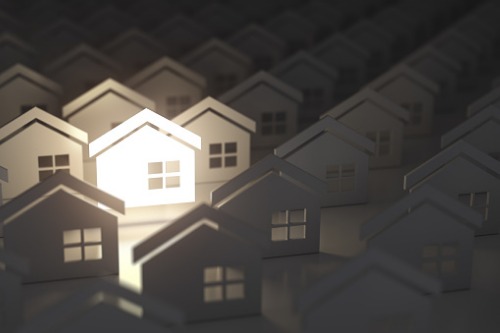It became a “medium growth” area under national urban legislation

As Marlborough’s population continues to grow, it’s not surprising that its housing market has become more demanding – putting it in a tight spot.
Marlborough became a “medium growth” area under national urban legislation after its population of 47,340 had grown by about 3,300 people since the 2013 Census – with its housing market becoming tighter due to a shortage of areas available for new builds and fewer issued consents.
Nadine Thomas, sales manager at Summit Marlborough, described the region’s housing market as “constipated.”
“I use that word because nobody's moving. [People] want to move from where they are, but they can't find [another home where they could transfer]. It's a vicious cycle,” Thomas told Stuff.co.nz. “Demand is outstripping supply, which is why we're stuck in that constipated place. It's frustrating for the salespeople in town because we have limited stock. [However], it's a good thing for people selling because they're getting premium prices.”
Read more: Report reveals surge in first-home buyers in Auckland
Thomas said Marlborough should build more houses of all types and sizes so buyers would finally find the right home for them.
“Those who want to downsize to something upmarket with all the bells and whistles, close to the CBD, don't want to [move] to subdivisions, so they're just sitting tight,” she explained. “Those who want to upgrade to four-bedroom family homes can't buy them because they're not available, [so] they're stuck sitting in their 70s or 80s three-bedroom houses, which have a good demand from first-home buyers.”
“I look forward to that lifestyle village Summerset, so people sitting in homes that are too big for them can finally move,” she continued.
Angela Bowers, branch manager at First National Marlborough, added that housing in new subdivisions is too expensive for the “average mum and dad market” because of the increasing cost to the developer of subdividing.
“I think the council needs to relax the costs on subdividing,” Bowers advised. “The cost of the land is putting it out of the price bracket for people to build on.”



